
Three years ago, my daughter and I were in a car accident.
A man ran a red light, crashed into me in the driver’s seat and wrapped my baby girl’s side of the car around a telephone pole.
In the split-second after the actual accident and before I was able to turn my head, I thought my kid was dead.
I relive that moment a lot: the smell of something burning, the nursery rhyme CD still inexplicably playing throughout the car, and my certainty that her little body had been crushed to death.
She wasn’t crushed though. She was perfect!
The doors had all been bashed in, but the glass from the sunroof had shattered outwards (a really important safety feature), affording us a way out. I still thought the car might explode, so I unbuckled her from her car seat as quickly as my shaking fingers could manage and climbed out the sunroof with her clutched in my arms.
By then, having heard the crash, a couple of dads had wandered over from their kids’ football practice. They held me as I held her, and we all cried for what could have been. Besides some bruising and a few scratches, we walked away from a car accident that looked like it could have been fatal.
I hadn’t been able to get ahold of my husband, who was a medical resident at the time (the irony), so when the ambulance took us to his hospital, I wanted to make sure he knew we weren’t injured as soon as the ER staff got ahold of him.
“Tell him everything is fine,” I kept repeating to anyone who walked by our room.
But here’s the thing, I wasn’t fine.
Although my daughter and I were pretty much untouched, I wasn’t OK for many months. And three years later, this is still a bit hard for me to admit.
For months after the accident, I would scream and break out in a sweat if a car got slightly too close to mine on the road. Often I would have to pull over to calm down. I also would have these episodes if I was on foot and I thought a car was too close to me, even though often the car wasn’t close at all. I also would re-envision the accident many times a day.
Sometimes in my darker moments, I wished I had badly broken something. Because if I was in traction, if I was stuck in a hospital somewhere, if I wasn’t so “fine” on the outside, it would make sense for me to feel a mess on the inside.
From my experience, I would like to share a few things I learned.
Tell people about the accident.
After the accident, I felt an urgent need to call my parents and text a few close friends to tell them I was OK, as if they knew I had been in an accident and were anxiously sitting by their phones waiting on my update.
But then I questioned this urge. They didn’t know about the accident. We lived in Texas, none of them did. They would never know about the accident unless they noticed that we no longer had our white Jeep, which could have been months or even years from the time of the accident.
By telling them about the accident, wouldn’t I just be begging for attention? To tell them I nearly died but didn’t? To tell them I hadn’t even come close to dying and the worst thing I could claim was a bone bruise?
In the end, I did tell my parents and friends, and I’m really glad I did. Because my accident, however not-bad it is on the “bad car accident continuum,” is part of my history.
When some friends visited me a couple of months after the accident, I had a panic attack in the car, and they knew why. They knew I was OK but that one of them needed to take over driving for the rest of the weekend.
It’s good for your people to know what’s going on.
Also, can you imagine if one of your own kids or your best friend didn’t tell you something because they didn’t want to worry you or sound like they just wanted attention? I would always want to know. Your people want to know, too.
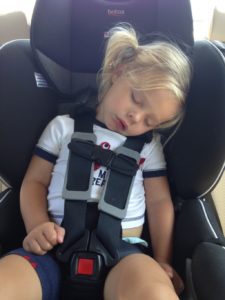
Safe stuff quells anxiety.
Part of the reason Military Moms Blog approached Britax about a partnership for the Month of the Military Child is because of my car accident.
I’m a Britax devotee. My daughter was in a Britax ClickTight Convertible car seat (and still is). Her car seat and our car saved her life. No doubt. Look at that picture (above) of her side of the car. It’s just awful.
After the accident, we bought the exact same Jeep and the exact same car seat. I switched up the colors of the Jeep and the car seat for association reasons, but I knew if I was ever going to feel safe on the road again, I wanted the exact gear that saved our lives the first time.
On that note, how a car seat is installed is just as important as the car seat. I’m about to switch our second child to a convertible car seat and I just watched Britax’s safety videos again to make sure I put it in right.
Ask for help.
Coincidentally, three days after our accident, I was set to start a new job as the Food & Wine Editor for the San Antonio Express-News. It was a big job and a big step for my career. I had already begged off starting by weeks, so I could wrap up some things with a college class I was teaching and find full-time childcare for my daughter. I really didn’t think I could ask to postpone the start date any longer.
But also I couldn’t fathom getting in the car to go to work.
I don’t like asking for help, and I certainly don’t like appearing weak, but I think my parents could hear it in my voice a day or two after the accident when they called to check in. The next day my dad flew down simply to drive me to and from work for the week and help better transition my daughter to daycare. I get tears in my eyes just thinking about this.
It’s pretty special that my dad was able to do this for me, but if he hadn’t, I hope I would have asked a friend in town for help.
It’s hard with the military life. I hate putting people out and appearing needy, particularly when a friend feels new or ephemeral, but this is how friendships deepen. If I only showed one side of myself and never revealed any weakness, I would never make real friends.
Own your experience and talk to someone.
In the months after the accident, I was quick to tell myself I was being dramatic and ridiculous for having such a visceral reaction to a “nonevent.” I would tell myself that much worse things happen to other people every day.
But this thinking was really stupid. It doesn’t matter if worse things happen to other people. This isn’t a contest.
I still wonder whether I might have had some PTSD during the year after my accident, which even now I’m quick to question, discredit and qualify if I did. This is why I bring it up.
To me, PTSD seemed like this Big Thing that only people who had been in war were allowed to claim. Particularly in our military lifestyle where people truly do experience PTSD from traumas that I can’t even fathom, I felt like a big phony for considering I might be experiencing PTSD from a car accident where no one got hurt.
Again, wrong thinking on my part.
In the end, I never did talk to a professional, but I think I should have, and I think if you’re going through anything like me, you should, too. Thankfully, my flashbacks and other symptoms of PTSD have mostly disappeared, but what if they hadn’t? By establishing care with a professional, I would have been prepared in the case that I did have some long-term post-traumatic stress.
Get back at it.
Even though my dad helped me in that first week, I did soon start driving again on my own. It helped a lot, though, to have him in the car with me when I first got behind the wheel. And having to go to work every day also helped, obviously. If I hadn’t had anywhere I absolutely had to go, I’m afraid I would still only be going to places I could walk to — which, where we lived in Texas was the playground, Target, and a few shady bars. Basically, I would be bankrupt, drunk and really good at the swings.
Nearly three years later, I still don’t like to drive. If my husband is with me, I always opt to sit in the passenger seat. But if he’s not, I know I can, and I think that is key.
My family lives in Italy now, and this past weekend I drove my two kids by myself to Croatia. OK, this sounds a little bit more impressive than it is, it’s only 240 kilometers away. I know some military spouses who throw their kids in the car and do 14-hour solo trips all the time.
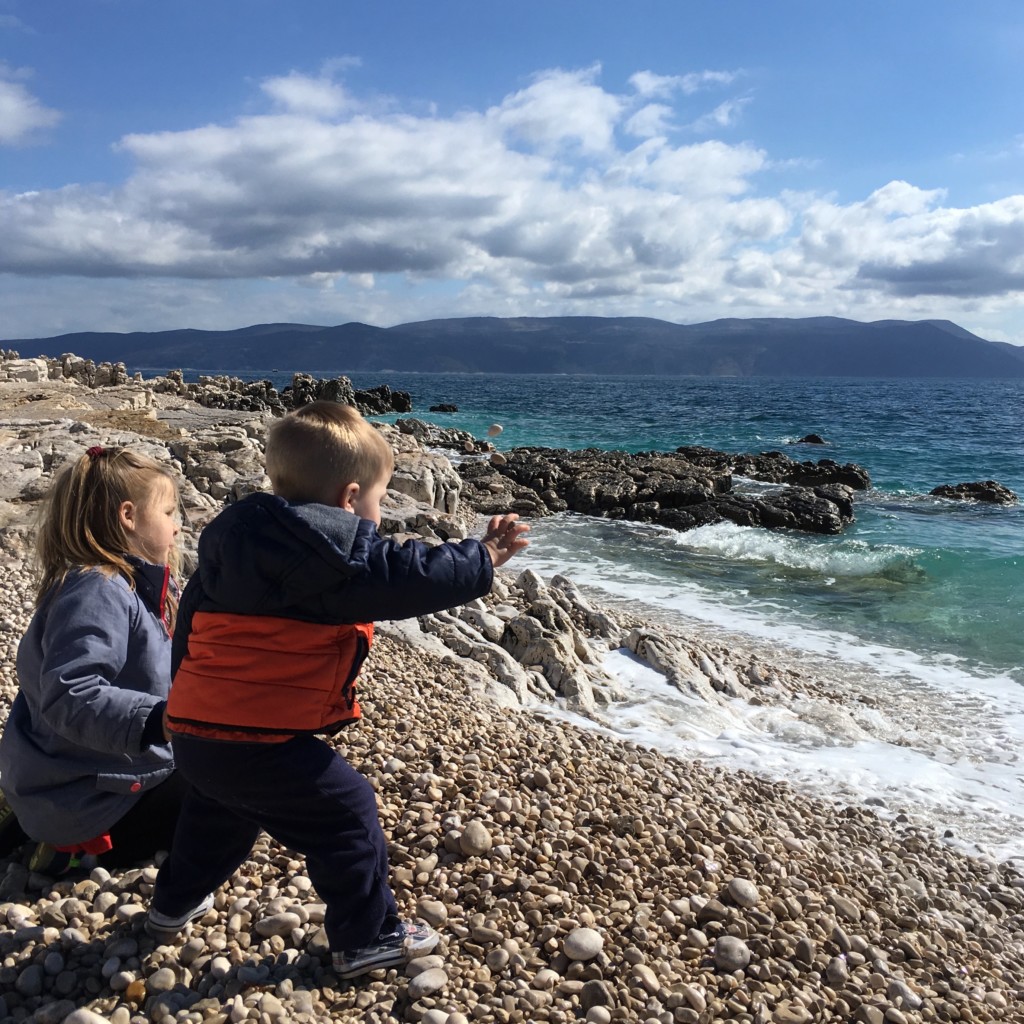
But for me, I’m really proud. If I hadn’t gotten back in the car when I did, panic attacks and all, I wouldn’t be able to do this type of stuff. There were still moments on the road when I felt afraid. I think my littlest now knows the F word (sorry boo), but we made it.
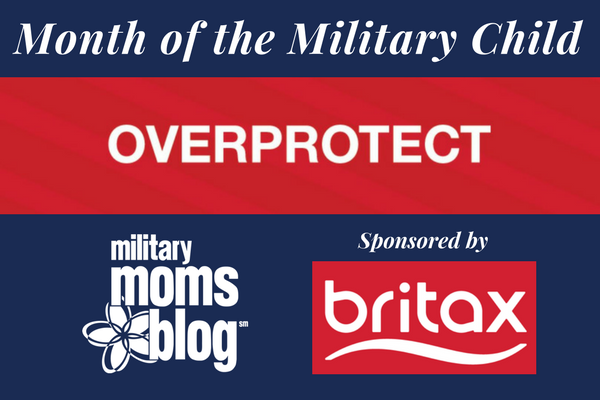
This month on the blog – in conjunction with Britax – we are thrilled to share a series of posts on child safety in honor of Month of the Military Child.
Not only do Britax car seats meet all Federal Motor Vehicle Safety Standards, they go above and beyond to provide extra levels of safety. The brand also conducts more tests than required. For a military family always on the move, it’s comforting to know and trust a brand that is dedicated to keeping our kids safe — through infant car seats, convertible car seats, booster seats and strollers.


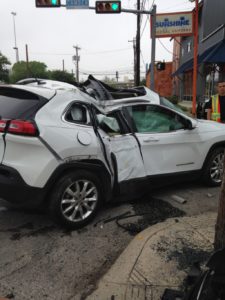

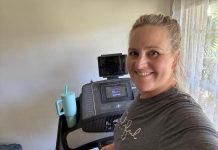






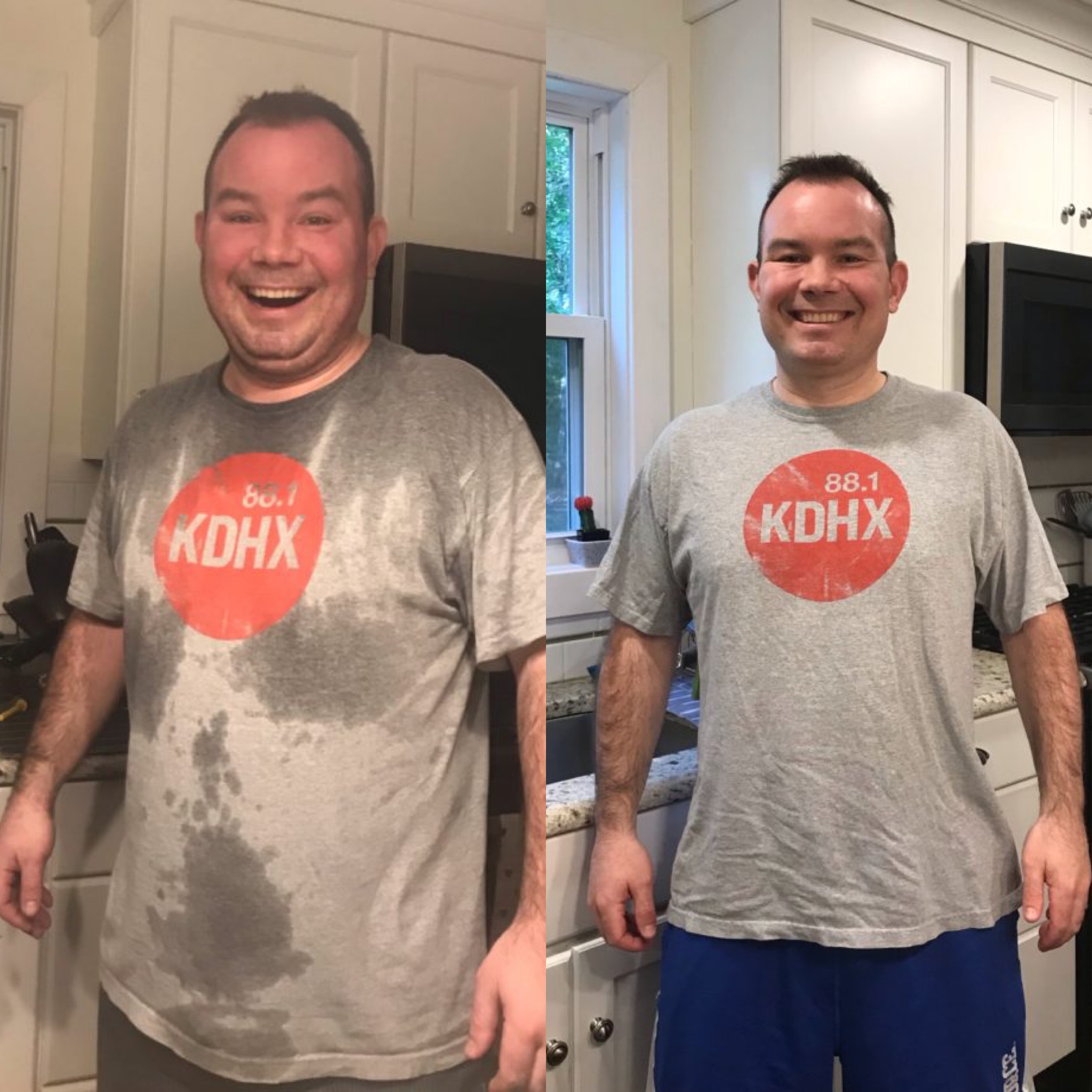
I’ve been there too. My husband wasn’t there witj us so when I do freak out of have an issue, he’s wuick to brush it off and tell me to get over. Three years later and I don’t totally freak out unless it’s one of those very tight situations. Thank you for sharing. It helps kniwing that after an accident you aren’t the only one who had felt this way.
Quite a long time ago, I was t-boned by a driver running through a stop sign. It was many years before I could approach an intersection without cringing and stopping. Now, 40 years later, I still slow down at the intersection, even if I have the right of way.
Comments are closed.